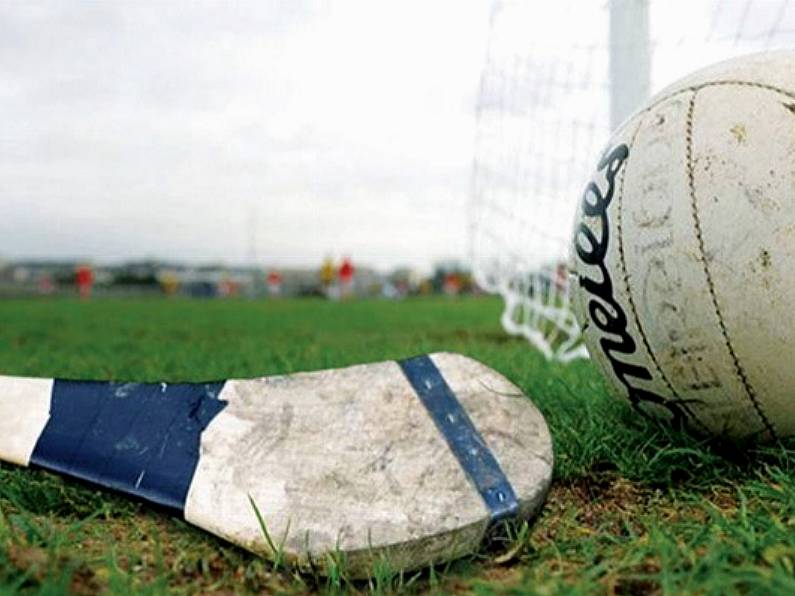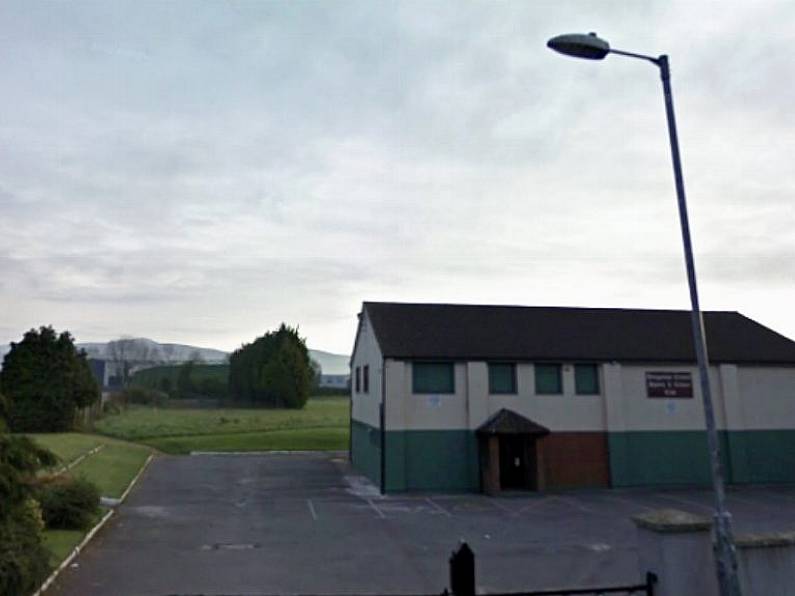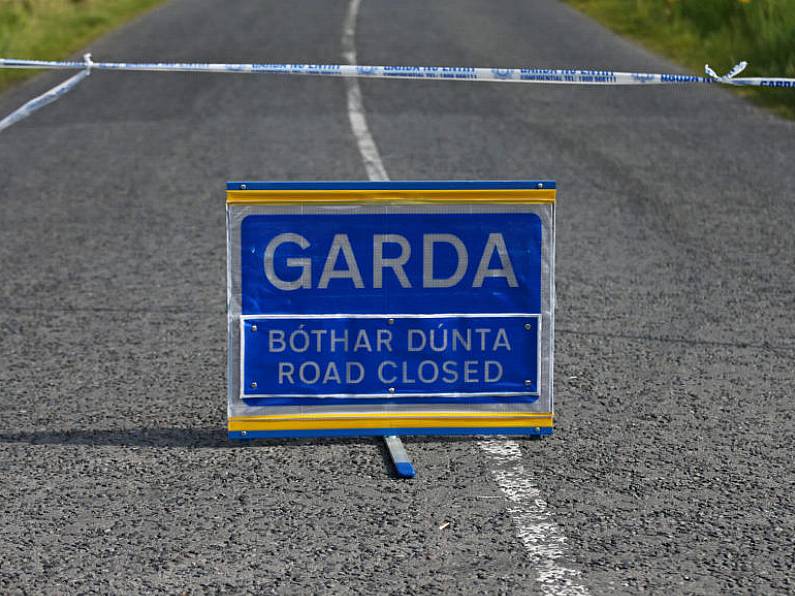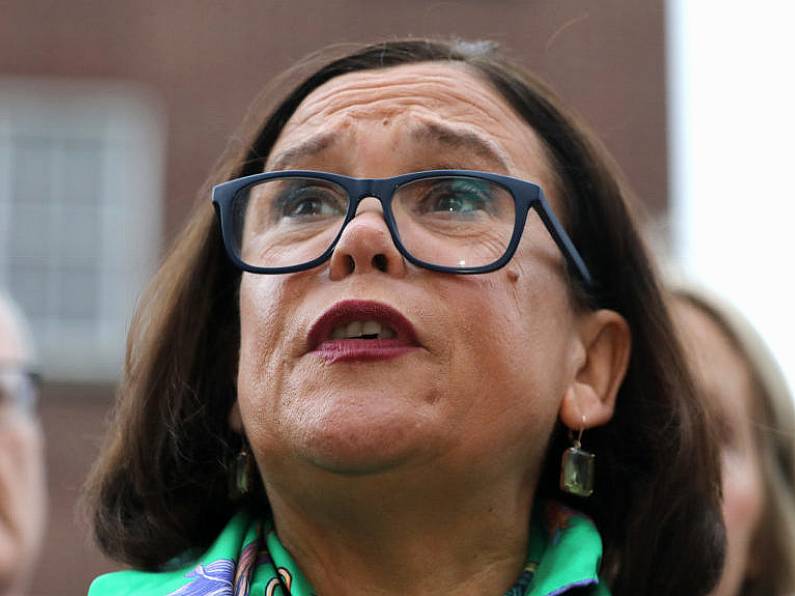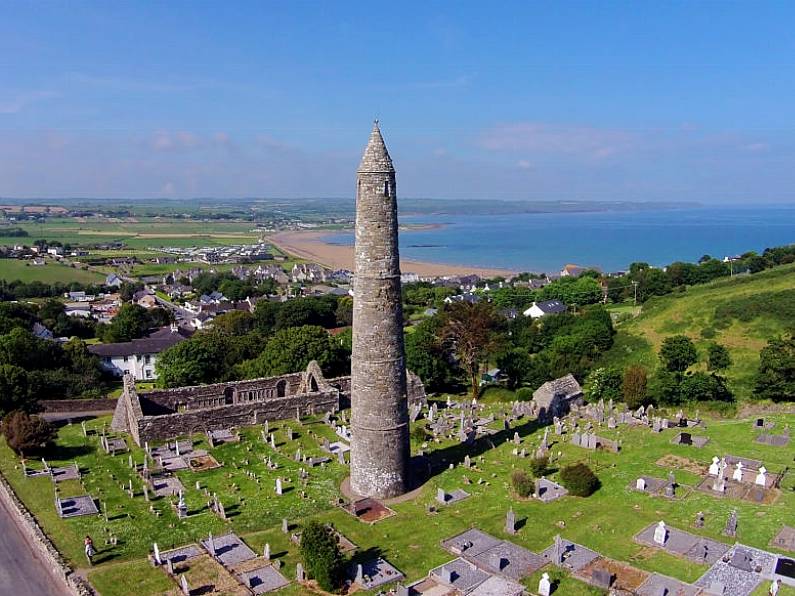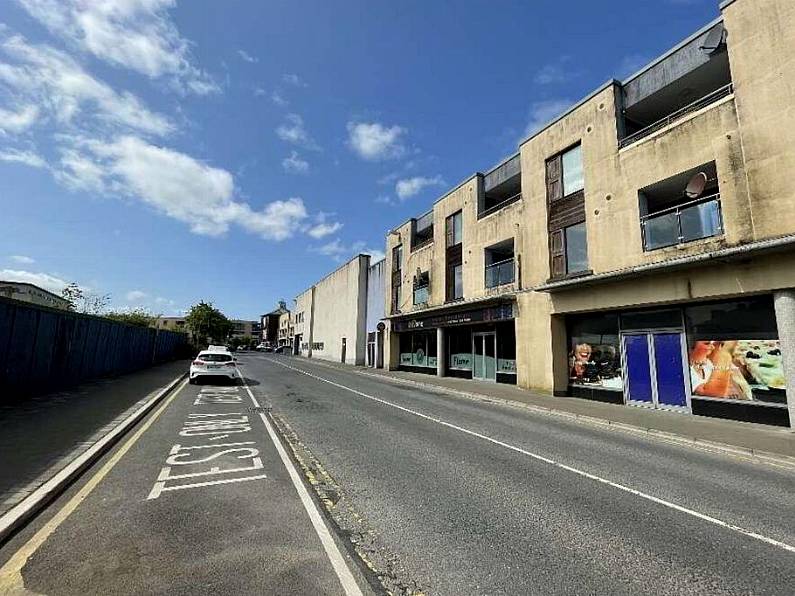
The report stated that the loss of international tourists could have a huge impact on the sector and the wider economy.
Revenue in the tourism sector is expected to fall by €5 billion this year compared to 2019 according to data published by the Department of Business, Enterprise and Innovation.
The data examines 16 key industries and the effect Covid-19 has had on their activities.
Employment in the sector is projected to fall by between 190,000 and 200,000 this year, with 87 per cent of the sectors workforce claiming the Covid-19 payment in mid-June.
The tourism and hospitality report estimated that there could be an overall loss to the economy of €2.3 billion if no international tourists come to Ireland for the remainder of 2020, with international visitors making up 75 per cent of tourism figures ordinarily.
The report also stated that restrictions on occupancies will have an impact on the competitiveness and viability of businesses around the country.
Aviation
In the aviation sector, there has been an 83 per cent decrease in flights handled by air traffic controlled during May 2020 compared to the same time last year according to the Irish Aviation Authority (IAA).
The IAA said Ireland was one of the worst effected countries in the European aviation network, recording only 18,290 flights during May.
The aviation sector report stated that travel demand is expected to recover from its lowest point recorded in April, however consumer confidence will continue to impact demand for the remainder of the year.
The Dublin Aviation Authority (DAA) estimates the pandemic will cause them a €160 million loss this year and 1,000 staff redundancies.
Retail
In retail, the closure of shops has greatly affected the sector, with over 60 per cent of workers availing of income supports during the lockdown.
Motor sales have been greatly impacted by Covid-19 restrictions, with many dealerships finding it more difficult to adopt new modes of operation in line with public health guidelines.
In April, sales declines by 35 per cent across the sector, with furniture and lighting (-84 per cent), bars (-77 per cent) and textiles, clothing and footwear (-74 per cent) taking the heaviest hit.
The retail sector report also noted that in April consumer sentiment recorded its largest monthly fall since records began.
Construction
At the peak of the Covid-19 restrictions, 86 per cent of construction workers were in receipt of either the Pandemic Unemployment Payment or the Wage Subsidy Scheme, falling to 59 per cent in mid-June.
The restrictions, which saw construction sites around the country close, impacted more than 150 private building sites, equating to almost 24,000 homes.
Housing completions are expected to fall to just 13,800 with dwellings investment forecasted to fall by 35 per cent and non-residential construction activity declining by 36 per cent.
Before the pandemic, annual housing demand had risen to 35,000, however Ibec forecasts that there will be only 15,000 completions in 2020.





